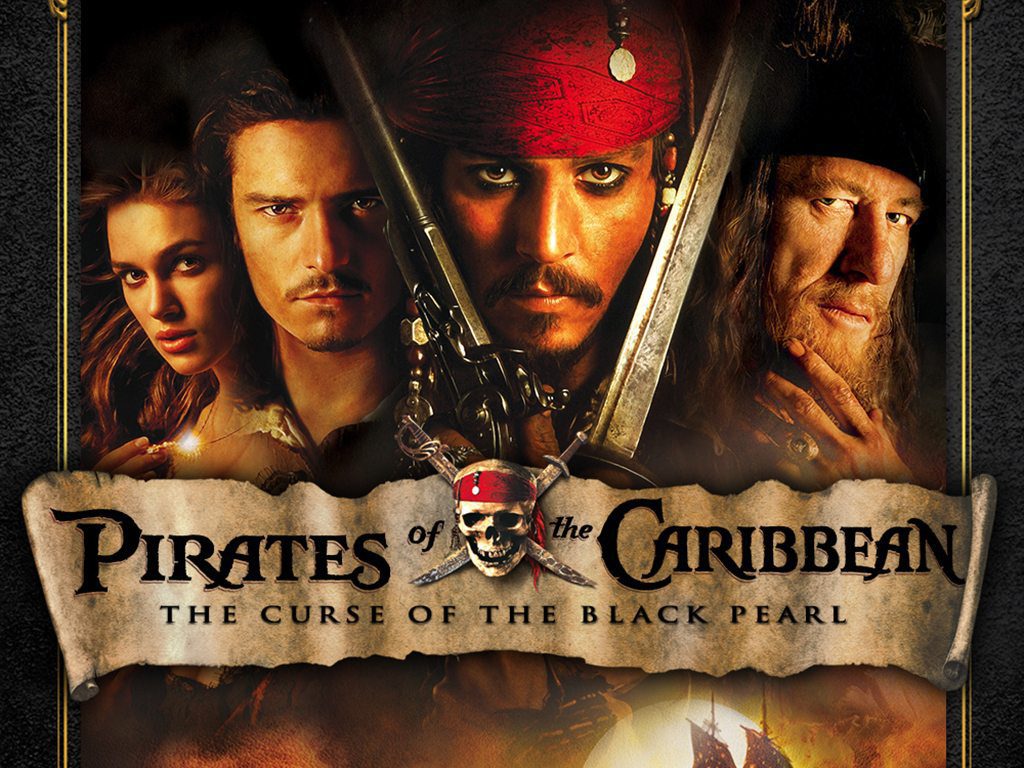
Pirates of the Caribbean: At World’s End – Into the Locker and Back Again
Jack Sparrow is taken, body and soul, to a place not of death, but punishment. The worst fate a person can bring upon himself. Stretching on forever. That?s what awaits at Davy Jones? locker. Theologians have long debated the existence and nature of Hell. Tia Darma’s words (meant to explain why she could bring back…


